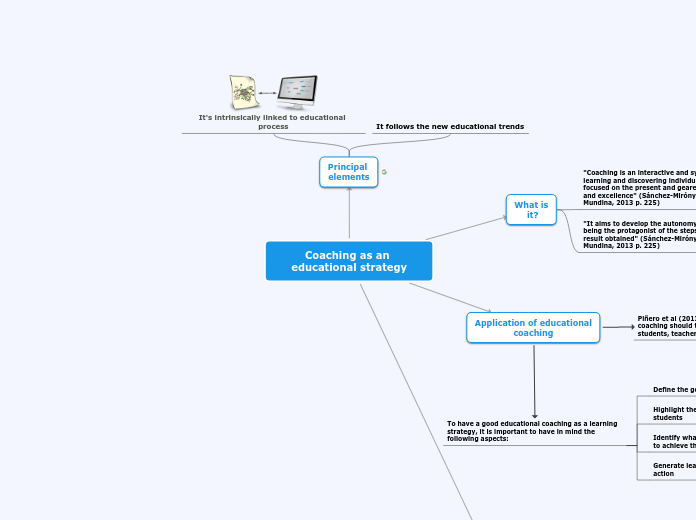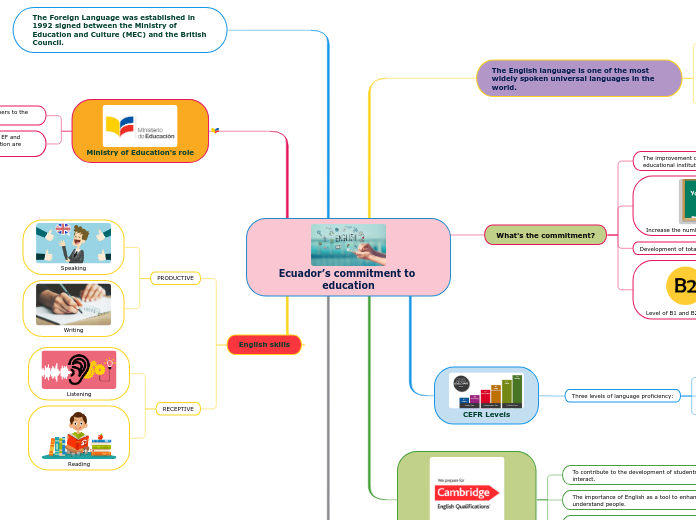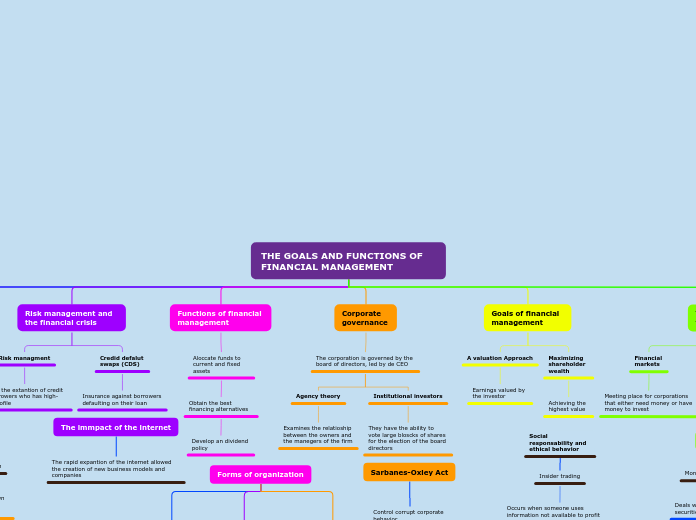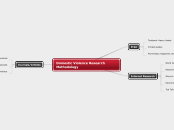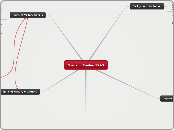by Maritza Narvaez 3 years ago
114
Coaching as an educational strategy
Educational coaching serves as a strategic method aimed at fostering growth among students, teachers, and parents by guiding them in developing essential skills. For students, this approach encourages taking responsibility for their lives and committing to personal and academic goals.
